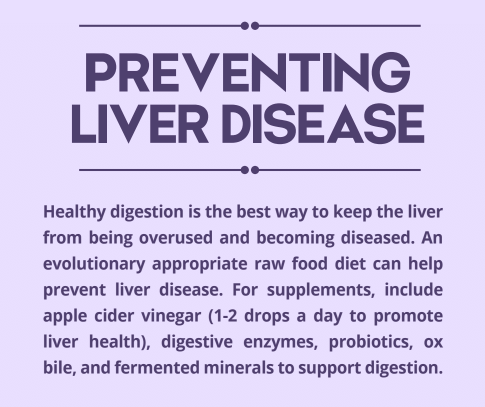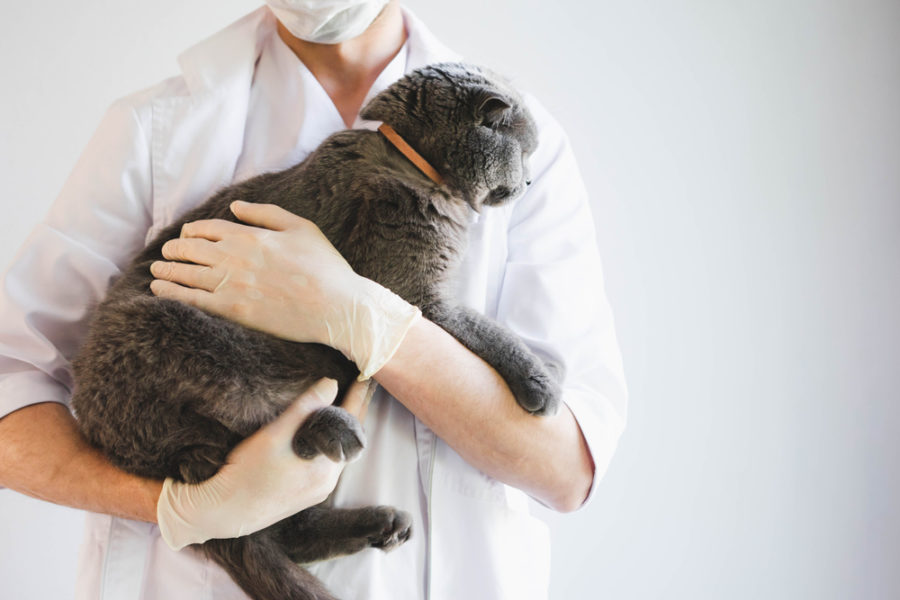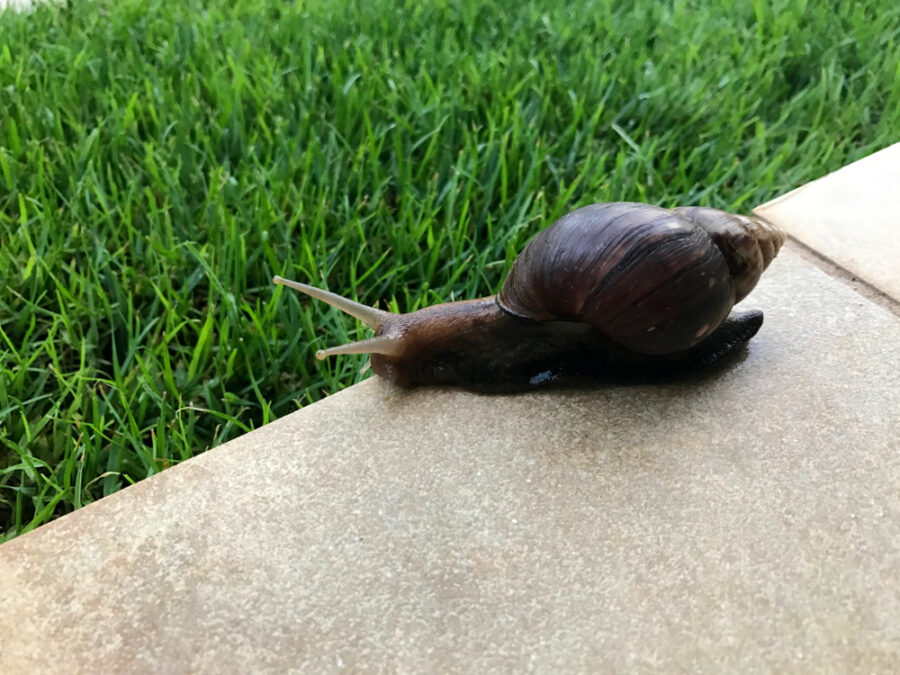Liver disease in cats has several causes, and can rapidly become serious. An integrative approach that includes diet, IV therapies, castor oil packs and more can help manage the condition over the long term.
Liver disease in cats can quickly become life-threatening.?The number one cause is fatty liver syndrome or hepatic lipidosis,?usually secondary to cholangitis.?Other causes can include cancer, toxins and infection. This article discusses an integrative approach to treating liver disease in felines.
Liver functions and disease symptoms
The liver performs many functions, such as aiding digestion (especially fats), synthesizing proteins and hormones, metabolizing and eliminating toxic and waste products, and regulating the immune system.
Liver disease can quickly cause multiple symptoms, the most common of which are inappetence, lethargy and weight loss. Signs of liver disease that veterinarians should educate pet guardians about include nausea, vomiting and anorexia. Rapid weight loss is a precursor to fatty liver disease and lethargy may be the first sign that anything is wrong. Signs of progressed liver disease are jaundice and ascites. On physical exam, a feline patient may have tenderness in the upper right quadrant of the abdomen.
Any cat that stops eating longer than three days should always have diagnostics done and interventions begun before the liver disease can progress. Guardians should pay special attention to their cats eating habits.
Diagnostics and treatment
The primary diagnostic tools are liver chemistries, abdominal radiographs and ultrasound, and possible liver biopsies. Testing should also be done for B12 and vitamin D3 levels.
- The number one approach to treatment is to make sure the cat is taking in nutrition.?Often, this will mean putting in a feeding tube.?The advantage of a feeding tube is that it makes it very easy to administer medications.?The disadvantage is cost, and the concerns of the guardian.?I have found the best option is an esophageal-gastric tube.?It results in fewer infections as the gastric tube stays in better than a nasogastric tube, and does not plug as easily.??
- My general treatment for any liver disorder is to support the enzyme systems?of detoxification.?The preferred supplement for base treatment is?Thorne Mediclear Plus. Cats accept the vanilla flavor and it is easy to put in a feeding tube or even mix into food if the cat is eating. Often, we will keep cats on this product for years at 1/8 tsp PO BID per 10 pounds.??
- In a case of severe cholangitis, we will include castor oil packs with biologically active essential oils of ledum and cypress (2-3 drops each in 2 tbsp of castor oil on an organic cotton flannel, wrapped in place for 30 minutes each day).
- As a flush, I will also very slowly administer IV glutathione at 200mg/ml diluted in 2.5 ml dextrose. (Never use glutathione with an electrolyte solution of any kind or you will damage the kidney.) I will do IV once a week for four weeks.?At the same time, I will also do IV fluids with B complex using a slow IV drip. Additionally, I will administer B12 injectable 500mcg Methocabalomin into UB 20 and 21.?
- I sometimes use acupuncture for appetite stimulation, using ST36, SP6, LV3 and LI4 and CV12, with the B12 injection given into the back Shu points of UB18-21 and 23. Included in the B12 injection are homeopathics beneficial to the liver and GI motility.??
- When the cat is eating again, I will continue the Mediclear and add in the TCM formula Bu Gan Tang (Kan liquid) at 5 drops PO BID or gycerine?tincture.?I also use hepatrophin PMG ½ PO BID from Standard Process. For diet, raw or lightly-cooked rabbit or duck is best since they contain only 10% to 15% carbohydrate content. Often, I will add milk thistle at 70% to 80% silymarin, dandelion root, and turmeric to boost the Mediclear.??

Ongoing management
I check my patients liver chemistries at least once every three months to watch for any upward trending, and repeat IV therapies to prevent appetite loss and hepatic lipidosis.?Many guardians will continue the castor oil packs on a monthly basis to support their cats liver health, and feed Gogi Berry juice to keep their livers happy, along with an appropriate raw or lightly-cooked diet of duck or rabbit.??
Cats with long-term liver disease?can do very well, with no reoccurrences,?if their diet is appropriate to a true carnivore. Monthly B12 injections over the long term are also often beneficial for GI health.?Digestive enzymes and probiotics should be included in a healthy carnivore diet; both play a part in liver recovery, since gut health will impact liver health.
Overall, appetence is the number one monitoring tool for both GI and liver health.?Guardians should be made aware of the importance of their cats daily food intake, and that any appetite loss should be checked out as soon as possible.



